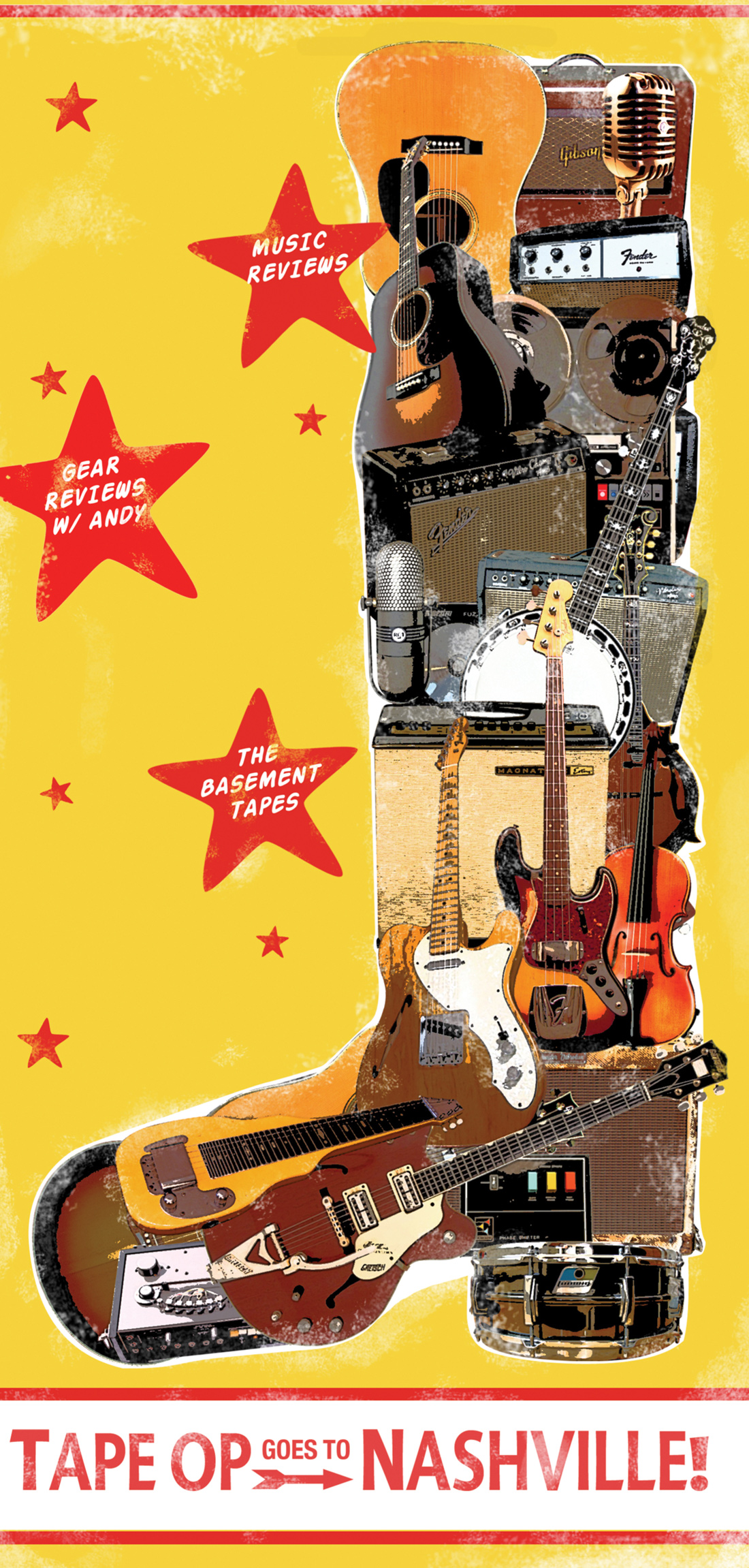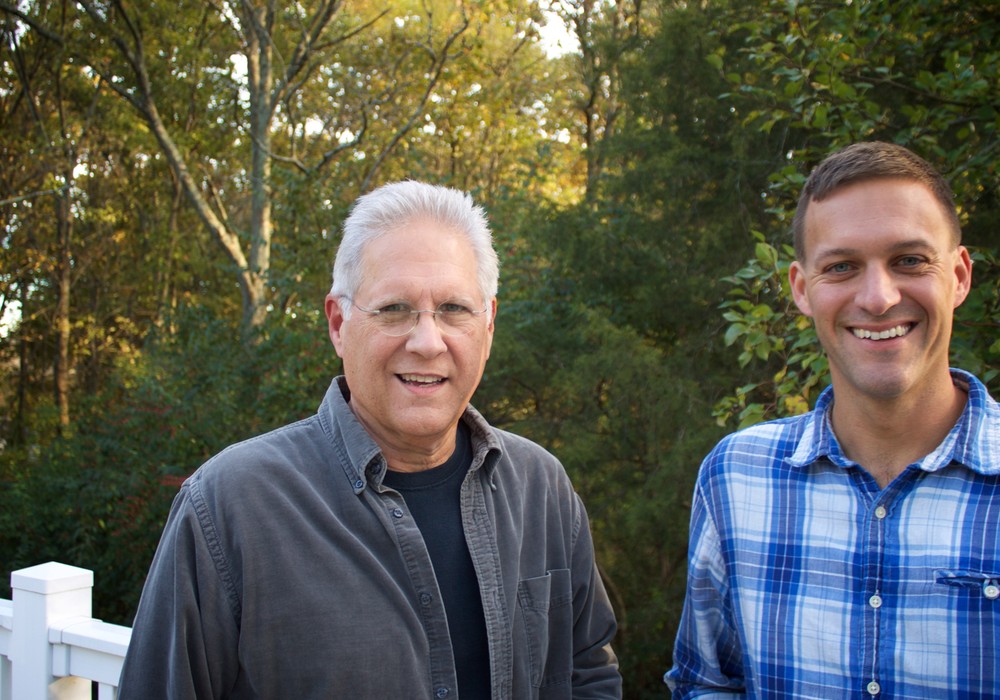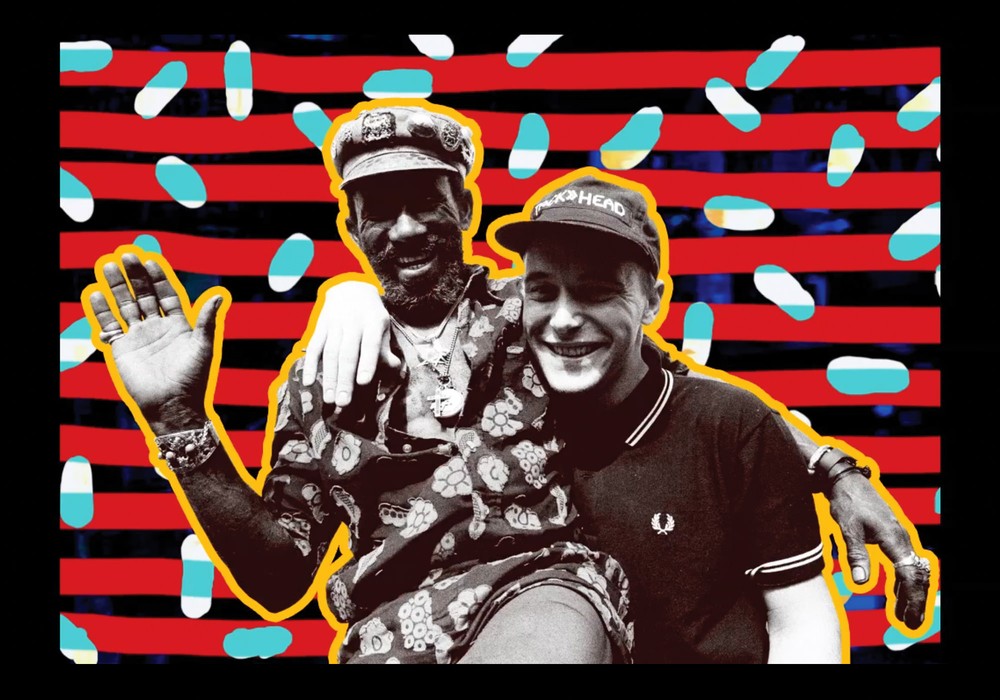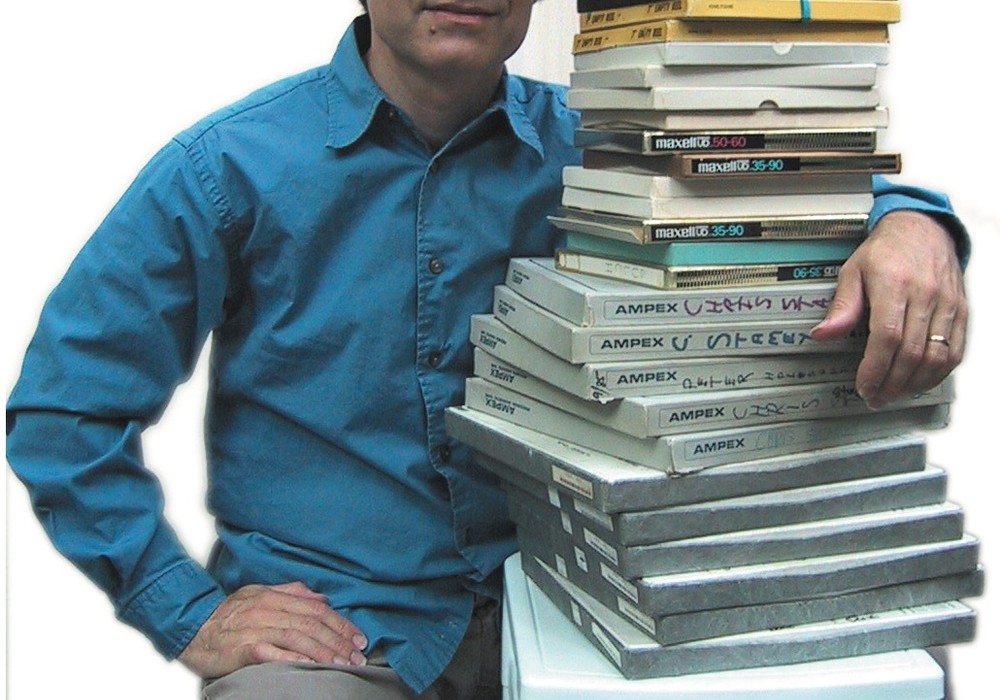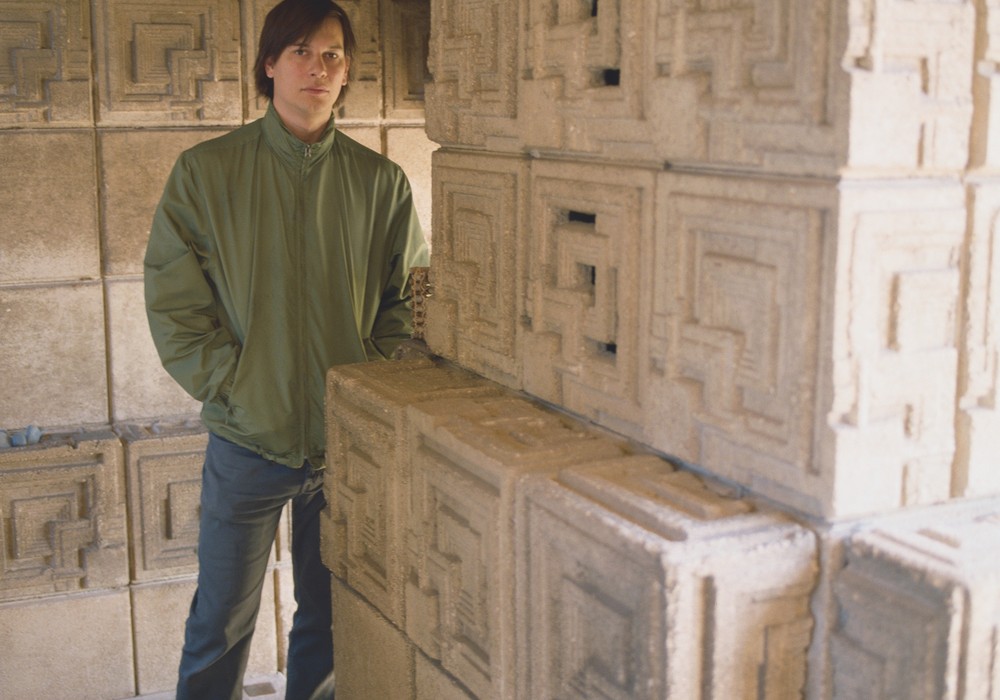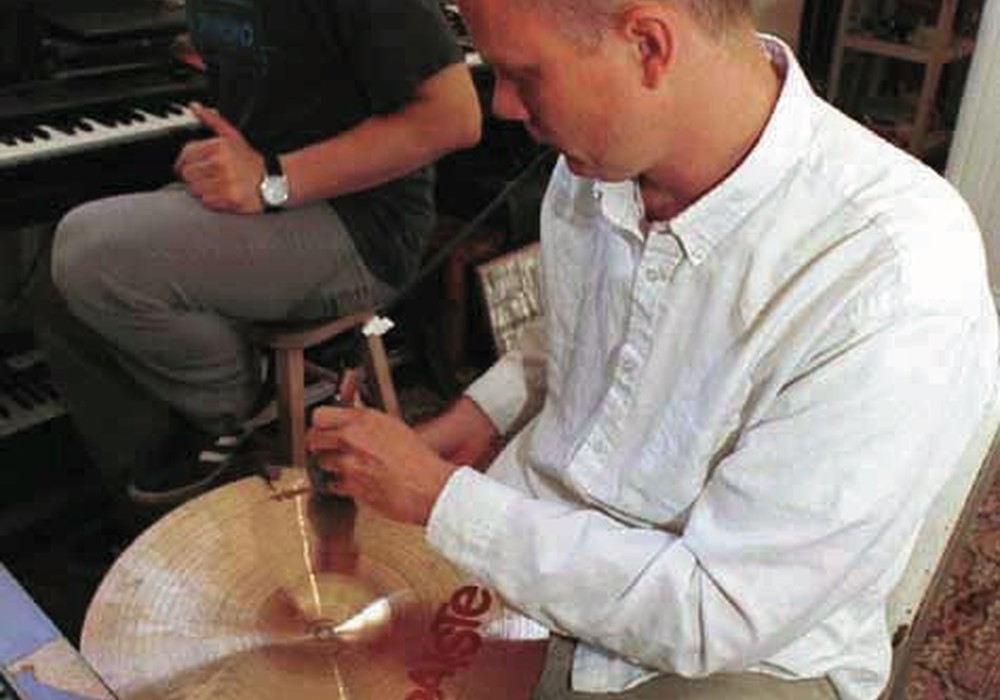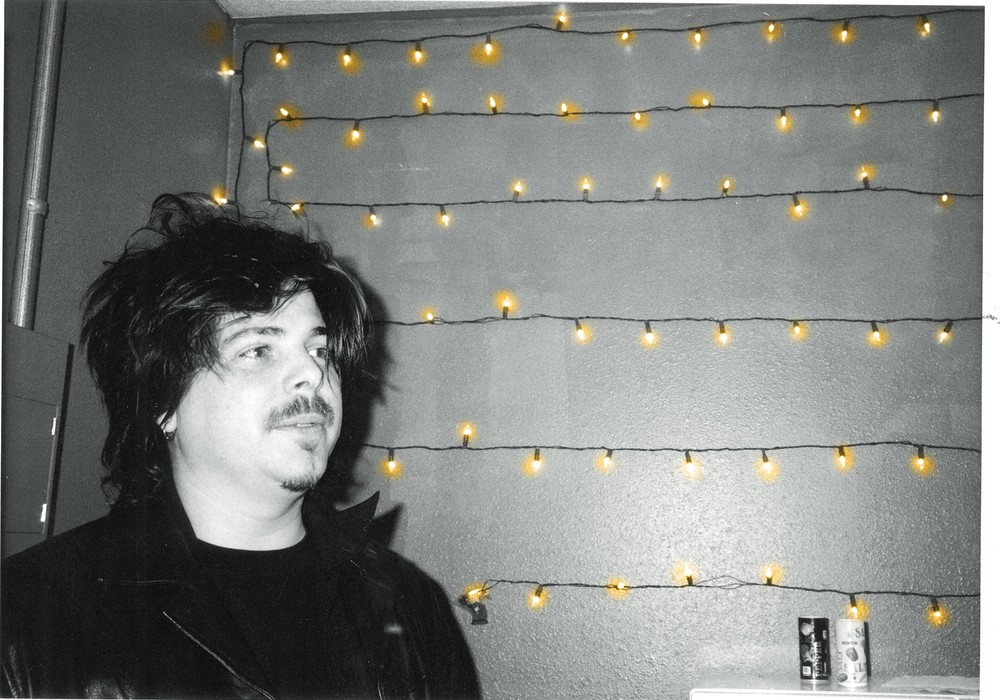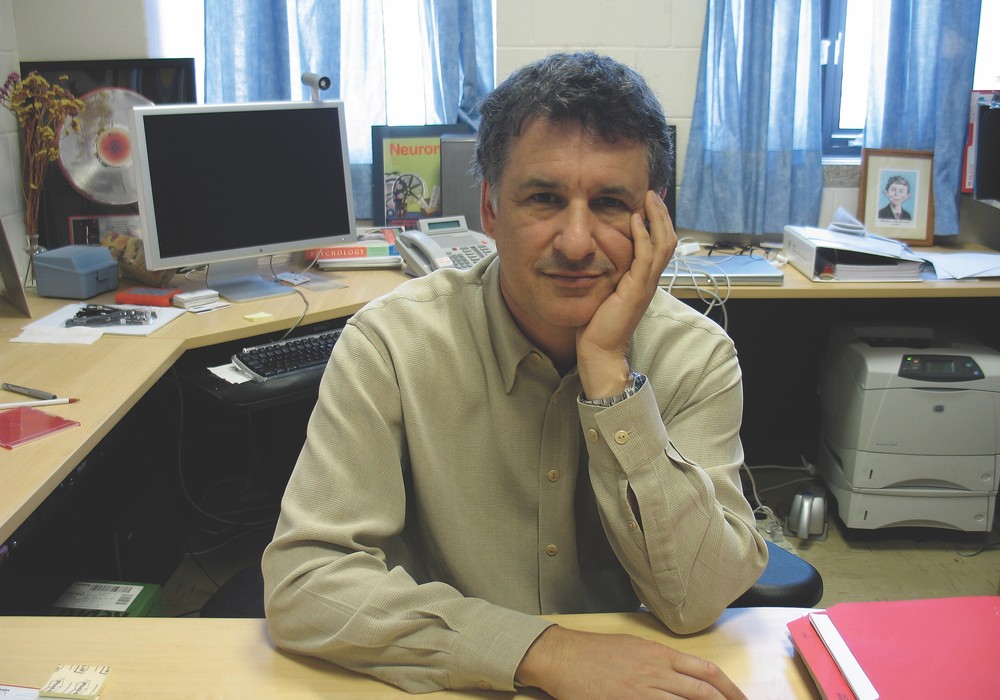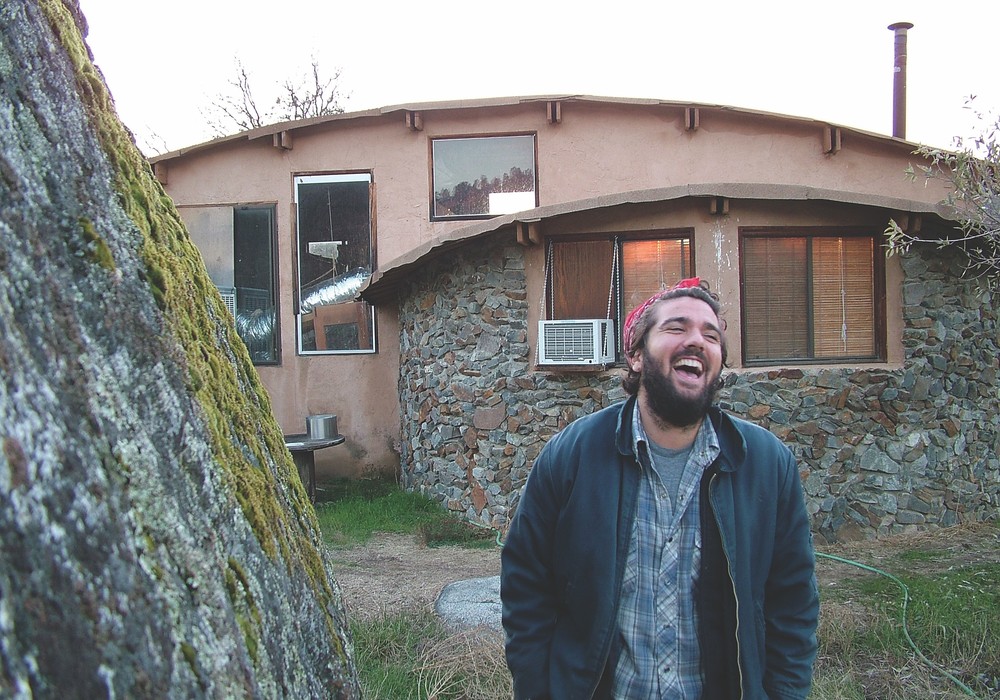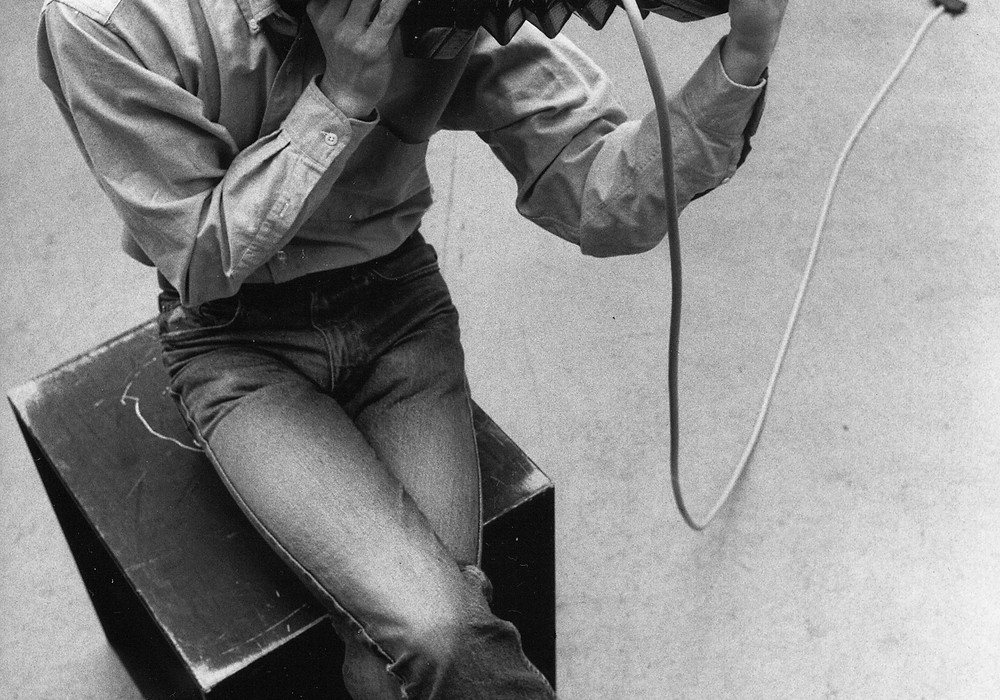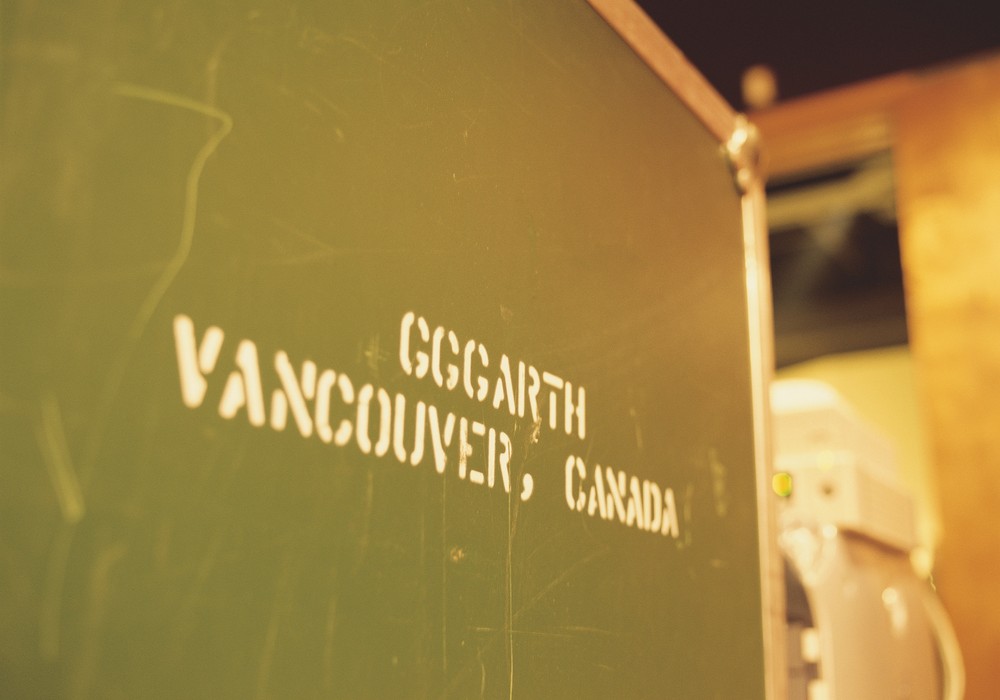Kyle Lehning's recording and production career is one to be reckoned with, featuring artists like Waylon Jennings, Randy Travis, England Dan & John Ford Coley, Kenny Rogers, and George Jones, plus a stint running Asylum Records in Nashville. His son, Jason Lehning, caught the bug early on and has worked steadily as an engineer, producer, musician, and songwriter. I caught up with the two of them at Kyle's studio, The Compound, located behind his home in Nashville. You couldn't ask to hang out with nicer folks, and the amount of experience they bring to the table is staggering.
Kyle, what was it that originally got you into studios as an engineer?
KL: I was interested in recording since I was a kid. I'm not unique in this. I started out with a Wollensak [tape deck] and then had a couple of Tandberg [decks], as well as a couple of mixers. I think I still have one of my mixers upstairs, a modified Bogen PA mixer that got shifted into an actual small recording console. It was a six-input mixer with a mono output. Claude Hill, who was working at Glaser Brothers studio [Glaser Sound] where I ended up working in Nashville, modified them. I had two of them. He put in Jensen mic pres. It sounded great. Whenever I was going to do stereo, one output went into the left side of the Tandberg, and the other six went into the right side. I multed channels together. I had two six- channel Bogens so I could do stereo. It was fun. It sounded really good.
You're mixing down live to 2-track?
KL: Well, I had two Tandbergs. One of them was a three-head machine, but the other one was a two-head machine so I could overdub on it. What I would do is record on the three-head machine, mix those two tracks down to one track and record it on the other machine, overdub on that track, and then bounce back. I kept going back and forth. It got a little hissy, but it was cool. I figured it out.
It's a great way to learn. What was the jump that led you working at Tompall Glaser's place?
KL: I grew up in Cairo, Illinois, a little southern Illinois town at the confluence of the Ohio and Mississippi rivers. It was a great place to grow up. There was a guy who lived in Cairo named Ray Butts. He invented this guitar amp called the EchoSonic. In the '50s, he built a guitar amplifier that essentially had an Echoplex built into the amplifier. Scotty Moore found it and started playing it live on the road. Then Chet Atkins saw it and asked about it. Chet drove to Cairo to meet Ray and convinced him to move to Nashville and work at RCA Studios. That was around '62. By '67, I had been playing in a rock 'n' roll band for some time. I went into a little studio in Paducah, Kentucky, with my buddy, Don Dickerson, and the rest of our band. The studio was really good, in retrospect. They had Ampex mixers and tape machines, Neumann mics, and Altec monitors. I fell in love with it, right then and there.
What instrument were you playing?
KL: I was playing guitar and keyboards at the time. When we finished the tapes I talked to my dad, who was incredibly supportive of this crazy idea of trying to be in the music business. He said, "You remember Ray Butts? He's down in Nashville. Why don't you call him?" The night that we finished mixing the tapes, my buddy, Don Dickerson, and I drove from Paducah to Nashville, about a two and half hour drive at the time. Ray got us two appointments with record company people. This was '67. The first guy we saw was Billy Sherrill. He was running Epic Records at the time, producing all those great records. He listened to all three songs on our tape, from beginning to end. He said it sounded cool, but didn't hear anything right for them. So Ray set up another meeting for us, and that meeting was with Felton Jarvis, who was Elvis's [Presley] producer at RCA. If I had really known who these guys were, and what was going on, I probably wouldn't have been able to play the tape or anything. But I was young, naïve, and didn't really know. Felton was really sweet. He said it was cool what we were doing, and in a kind way he was saying we didn't have a great singer. He said, "You know, you might want to find a female singer." Jefferson Airplane had just come out, so he suggested we...
